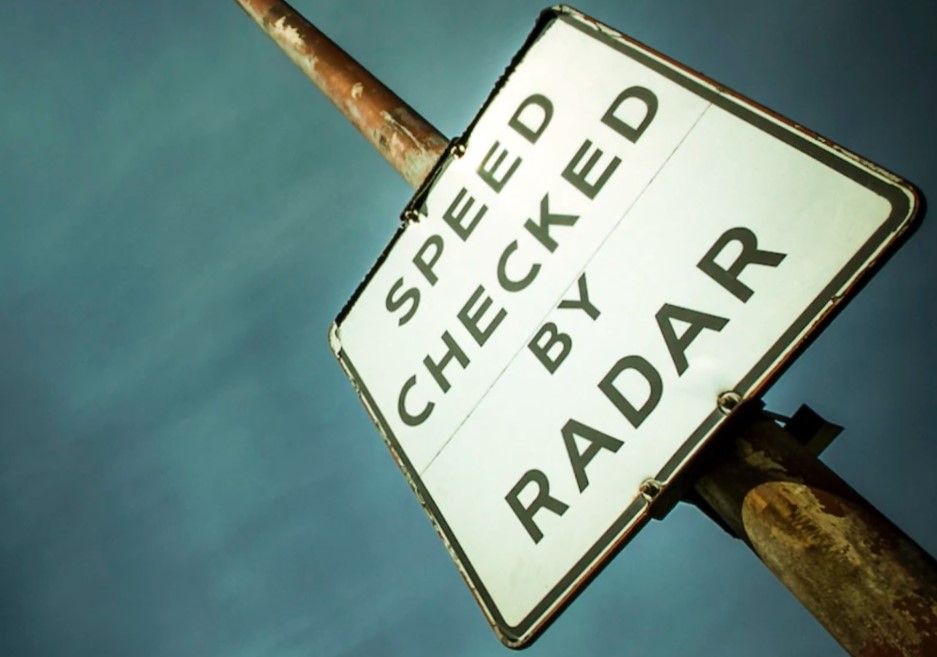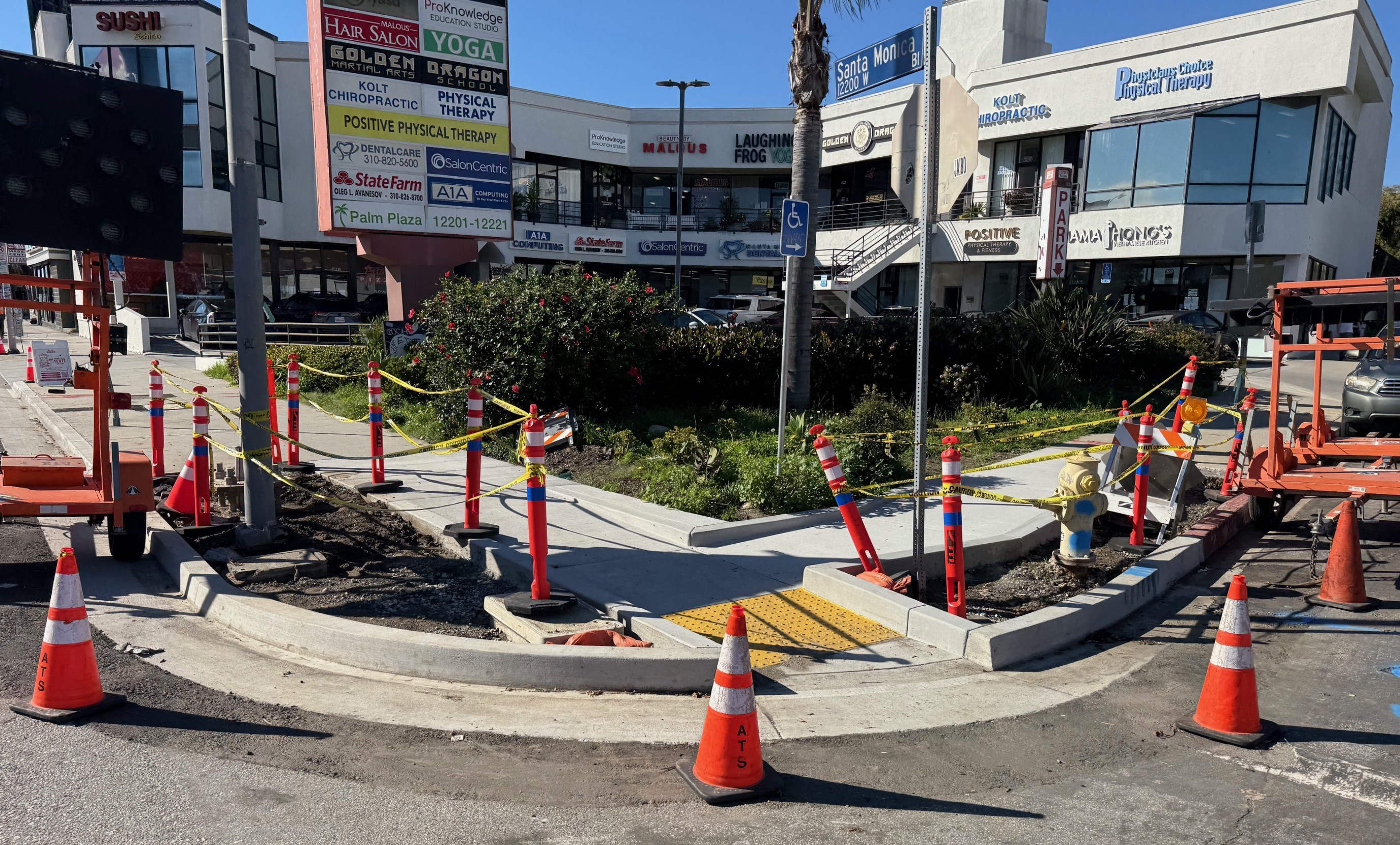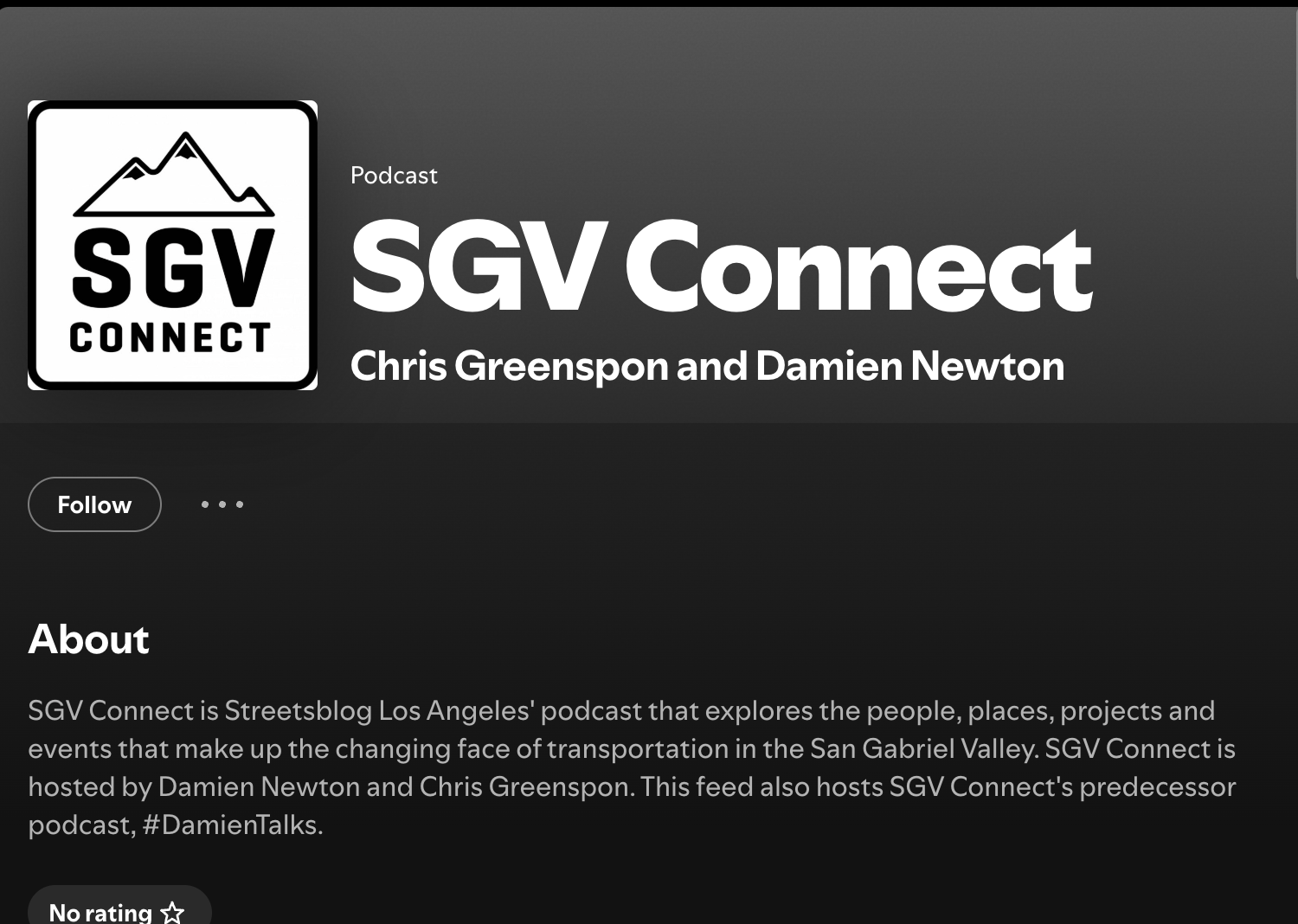![Metro fare revenue is up 7.7 percent comparing October through December for 2013 vs. 2014. Image via Metro presentation [PDF]](https://lede-admin.la.streetsblog.org/wp-content/uploads/sites/50/2015/01/TransitFareRevenue.png?w=710)
Metro released its latest Quarterly Financial Update [PDF] at this week's Finance Committee meeting. The report gives an early glance at the impacts of Metro's mid-September 2014 fare increases.
Financially, the news is good. Comparing the second quarter, October to December, of FY2014-13 vs. FY2014-15, fare revenue is up 7.7 percent.
The picture is not all good, though. Revenue is up; ridership is down.
This week, the agency also released ridership data from December. Compiling monthly ridership data for the same second quarter three-month window as the above revenue data, Metro's ridership is down 4.4 percent. Though the average is not particularly instructive (November and December are generally low ridership), for those three months, overall Metro system ridership dropped from 30.8 million per month in 2013 to 29.3 million in 2014. See actual monthly data compiled in this spreadsheet.
One interesting post-fare-increase trend within the data is that bus ridership is down quite a bit more than rail ridership. For October, November, and December, bus ridership dropped 5.0 percent. During the same period, rail ridership declined only 2.7 percent.
Overall, Metro buses still carry about 30 million riders per month -- three-quarters of Metro ridership. Rail carries about 10 million riders per month -- a quarter of overall ridership.
There are lots of overall trends that impact ridership, so it is impossible to attribute all the revenue increases and ridership declines solely to fare increases. The state is seeing upward trends in transit utilization. Metro continues to make "service changes" that amount to cuts to the bus system. Metro spokesperson Marc Littman has emphasized that other factors can impact ridership:
[I]t will take up to six months to really gauge the revenue impacts of the fare changes. And while we expect some temporary drop in ridership, you can’t tag it just to the fare changes. Gas prices today are the lowest since February 2011, the economy is picking up, they latched the gates at half the Metro Rail stations and are cracking down on fare evasion. Too many variables to draw conclusions that it’s all related to the fare changes.
Even with revenue trending upward, departing Metro CEO Art Leahy, at least as of yesterday, was still predicting an impending fiscal crisis could be only a couple years off. With such an ambitious rail expansion program, Leahy had pressed for Metro to approve three successive fare increases. His board only approved the initial 2014 increase. Leahy's tune has changed slightly, though. Before, he was saying that "we" face a coming deficit. Yesterday, the pronoun changed to "you."






